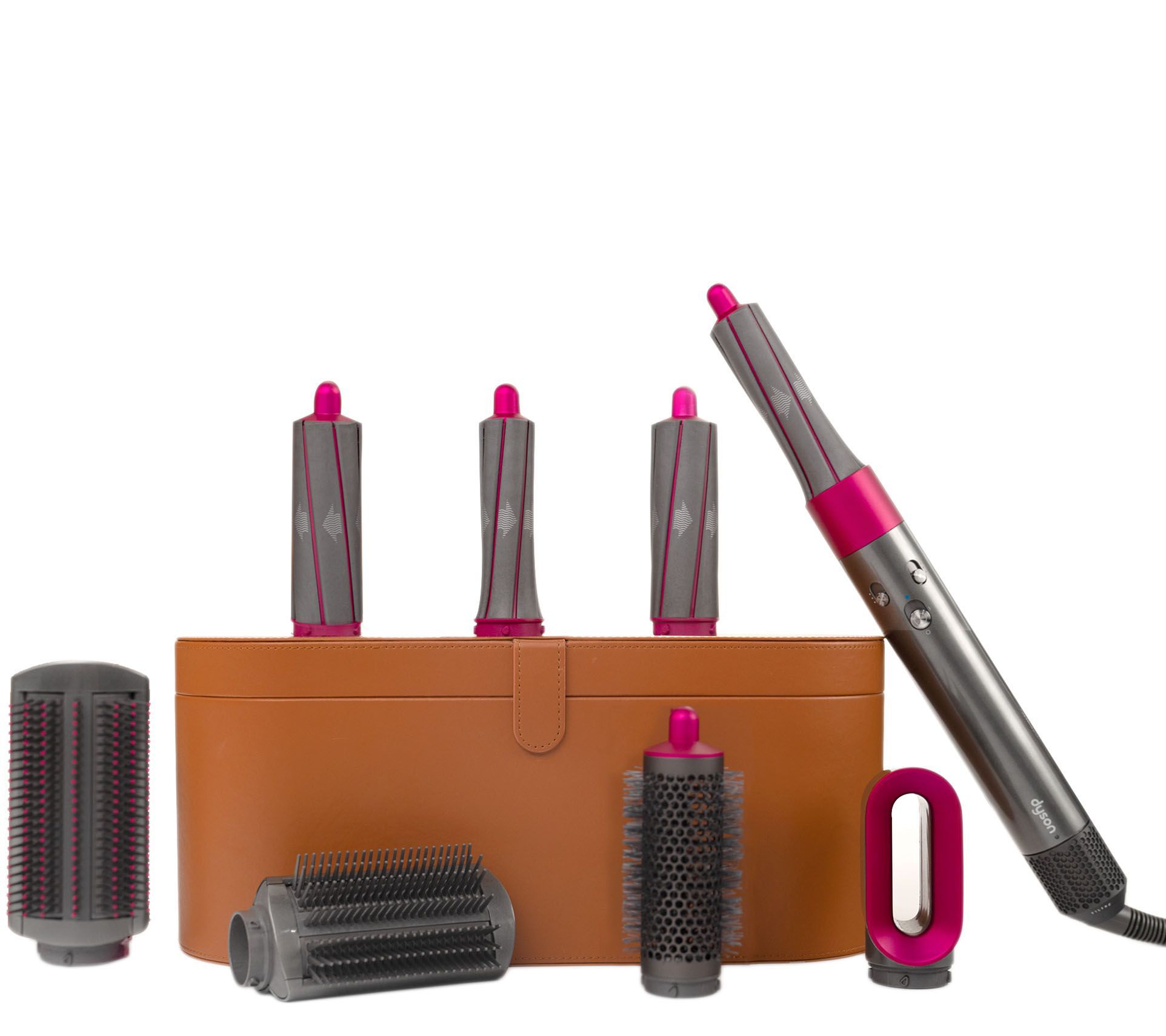Hair Shine & Protection Oil | True Botanicals
Try this naturally protective & lightweight hydrating hair oil cream with expertly curated botanical oils & antioxidants to boost shine & hair health together.
Glossy, luscious, healthy-looking hair. Expertly curated botanical oils and antioxidants weightlessly smoothe your strands, defend against heat damage, and give hair an intoxicating scent and luxurious shine.
Passion Fruit Seed Oil
With twice the antioxidants as argan oil, passion fruit seed oil helps protect against heat damage and environmental stressors. Its fatty acids absorb quickly to help moisturize. Passion fruit seed oils are also high in Omega 6 and 9, as well as Vitamins A & C and potassium.
Creamy Avocado Seed Oil
Packed with omega-rich oils and potent antioxidants, our creamy avocado seed oil helps to soften and hydrate your hair while making it look smooth and shiny. Avocado oil is praised for its ability to penetrate hair more intensely and be quickly absorbed for your softest hair yet. It can also withstand heat up to 520° Fahrenheit, offering extreme protection from heat styling tools.
Wild Crafted Pracaxi
Known as a “hair conditioning miracle,” our wild crafted pracaxi seed oil delivers intense hydration and shine for your hair with a silky, smooth feel. Rich in fatty acids, wild crafted pracaxi seed oil also detangles and brightens to keep your hair looking healthy and glossy.
Additional information
| SIZE | 1 Full Size Product (1.7 fl oz, 50 mL) |
|---|






Reviews
There are no reviews yet.